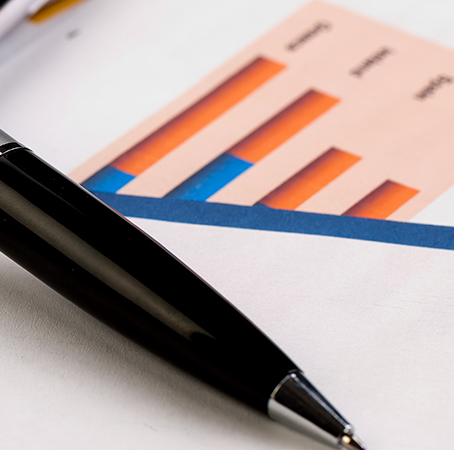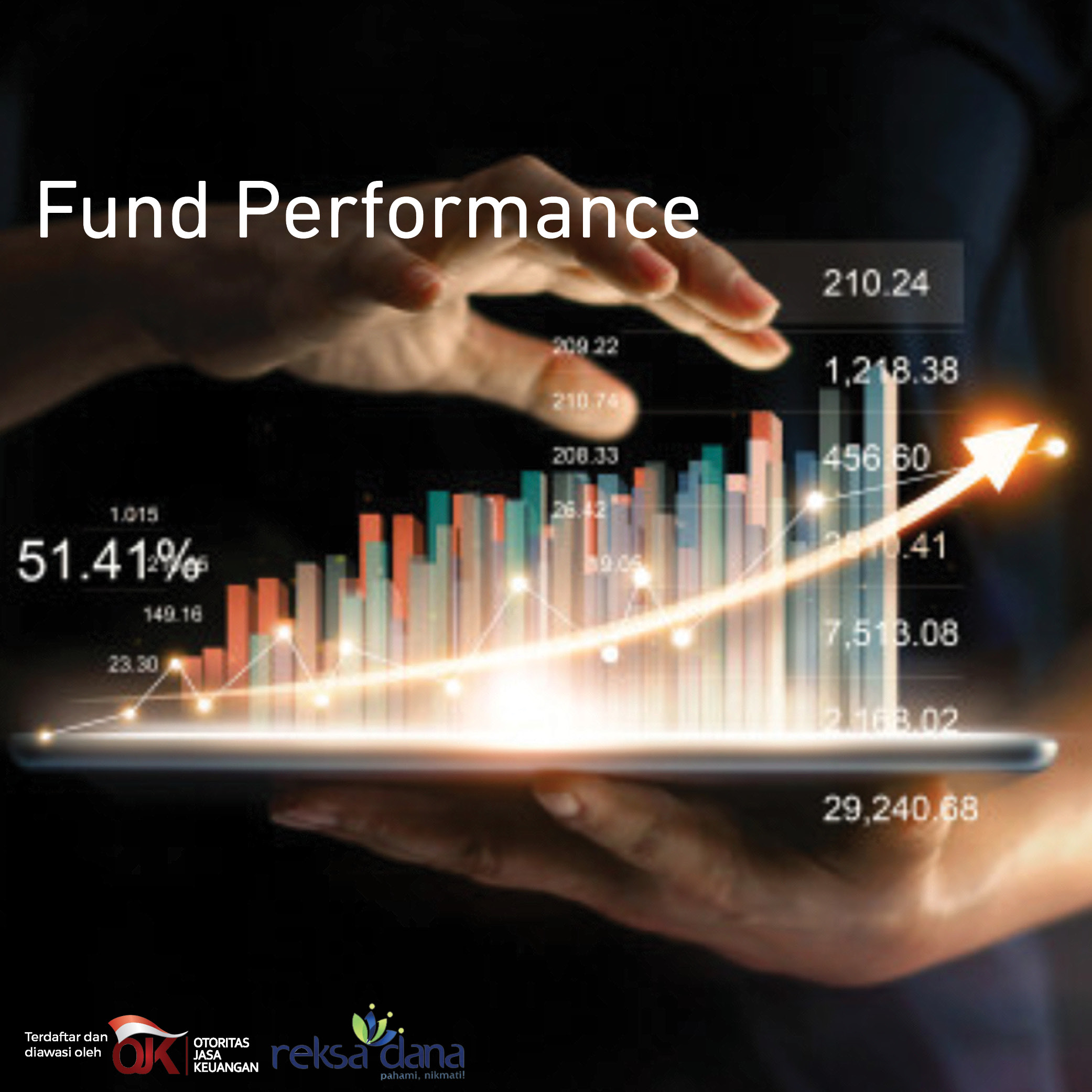24th straight month of surplus
Statistics Indonesia (BPS) recorded the largest trade surplus ever at USD7.56 bn in Apr-22. The surplus was much higher than our estimate and consensus at USD4.45 bn and USD4.12 bn, respectively. In Apr-22, the export increased by 3.11% MoM (47.8% YoY) or recorded USD27.3 bn of total export. Meanwhile, the import decreased by 10% MoM (+21.9% YoY) resulting USD19.8 bn of total import. The export benefited from the elevated commodity prices while the import slowed down following China’s weaker economy last month.
Commodity price remains main topic
Based on sector, all of sectors increased in yearly basis but agriculture, forestry and fishery sector alongside with manufacturing sector slipped by 8.42% and 0.89% MoM in Apr-22. From the selected non-OG sector, the highest growth came from Inorganic Chemicals (HS 28) at 42.2% MoM to US308.1 mn. The biggest contributor (15.9% of total export) came from Mineral Fuel (HS 27) where it increased by 13.9% MoM to USD5.27 bn. The second biggest contributor to export is Animal/Vegetable Fat and Oil (12.2% of total export) where the biggest part of it is CPO where it slipped by 5.3% MoM to USD1,682 per ton.
Temporary CPO export ban
On 28th Apr-22, the government officially imposed export ban on crude palm oil (CPO), red palm oil (RPO), palm oil mill effluent (POME), refined bleached deodorized (RBD) palm oil, and used cooking oil with strict punishment for export ban violations. The export ban is temporary to prioritize the domestic consumption amid the soaring cooking oil price. The implementation of the export ban will continue until the bulk cooking oil price reaches Rp14,000 per liter. The impact has not been captured in Apr-22 trade performance but it may affect May-22 export. We see the ban will be lifted this month as we estimate that if the ban is implemented more than a month, it puts Indonesia under the risk of losing its potential USD1.78 bn of export value or equal to 0.11% of GDP leading to the slower economic growth in 2Q22. Most importantly, it will impact around 16 mn smallholder oil palm farmers who have been victims of this ban.
Expansive domestic manufacturer
IHS Markit Indonesia Manufacturing Purchasing Managers’ Index (PMI) inched up from 51.3 in Mar-22 to 51.9 in Apr-22. The index moved above the 50-threshold for sixth straight month, signifying the expansion. All of imported goods based on the usage decreased on monthly and but increased on yearly basis: consumption goods (-6.40% MoM), raw material/ intermediary goods (-8.68% MoM) and capital goods (-19.3% MoM). From the selected non-OG sector, the biggest contributor (15.4% of total import) came from Machinery (HS 84) where it decreased by 17.7% MoM (+15.9% YoY) to USD2.25 bn. From the highest growth, it was Vegetables (HS 07) at 111.8% MoM (40.6% YoY) to USD0.12 bn due to the Ramadan month.
China’s economy slowdown
As expected from our previous trade report, China’s strict Covid-19 lockdown and its economic slowdown will be challenging for Indonesia’s trade performance. In Apr-22, China’s retail sales plunged by 11.1% YoY, while industrial output fell by 2.9% YoY, with both metrics are well below analysts' expectations. The Caixin China General Manufacturing PMI fell to a 26-month low of 46 from 48.1 in Mar-22, below market forecasts of 47. The latest figure was also the third contraction since the beginning of 2022. Right now, full or partial lockdowns are imposed in dozens of cities. However, Shanghai has set out plans to start open the mobility restrictions from June 1st.
Unchanged policy rate
The largest trade surplus ever that we just experienced provides liquidity and stronger external resilience for Indonesia. We may witness the trade surplus persists in 2Q22 if several countries reimpose mobility restrictions due to the Covid-19 cases, especially China. However, amid the thick trade surplus, we see that Bank Indonesia (BI) will hold the BI-7DRRR at 3.5% in the next BoG Meeting in May, 23rd – 24th 2022 as the previous uptick in inflation was mainly seasonal.
















